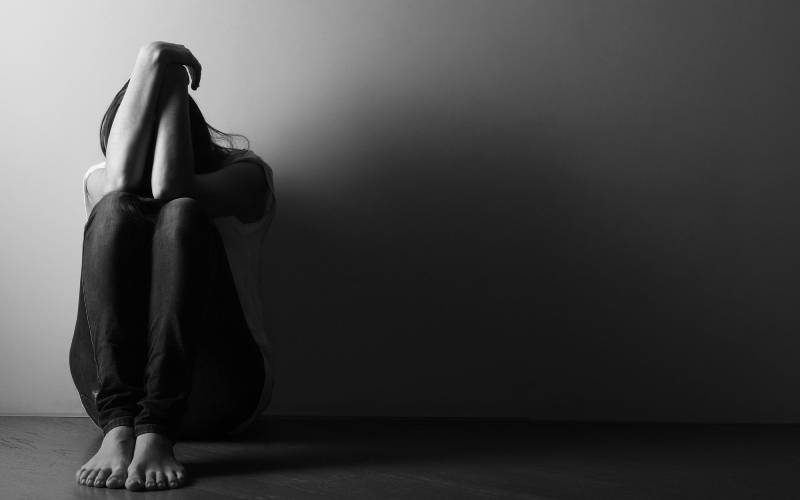×
The Standard e-Paper
Stay Informed, Even Offline

That jittery feeling before sitting national exams is one many Kenyans are familiar with from constant repetition of what is at stake: dream jobs, family honour, the good life.